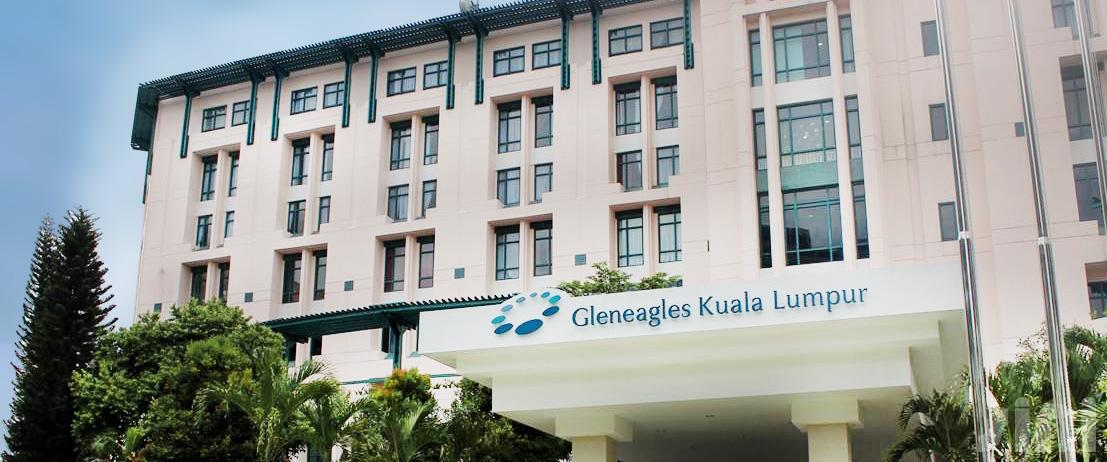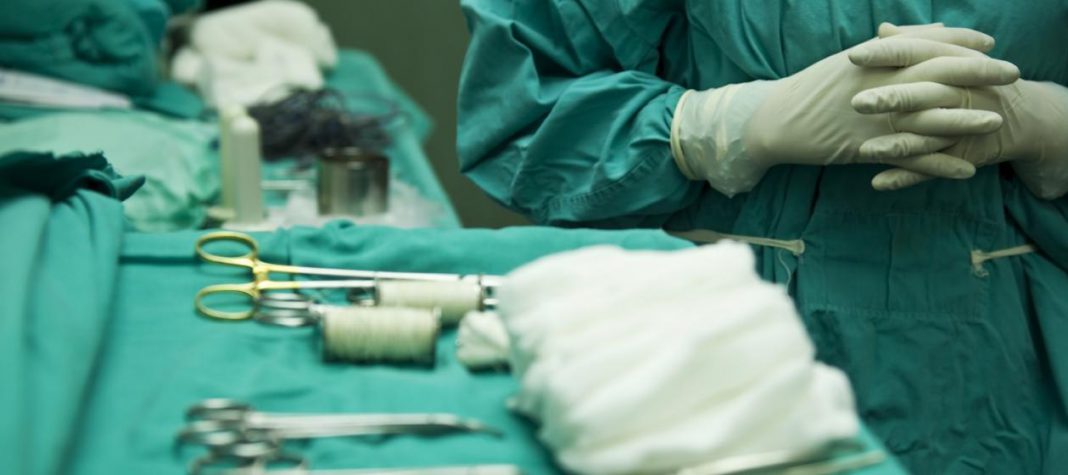There’s no denying that surgery is terrifying. With every surgery comes a certain amount of risk. Also, there is the worry that accompanies going under the knife, such as the cost and significant recovery time.
Sometimes, surgical procedures are optional – not completely necessary, but a way to nip a problem in the bud. However, in many cases, surgical procedures are a last resort and can mean the difference between life and death. Here are six steps you can take to give yourself the best chance of a speedy, complication-free recovery.
Rest up, best up
Health professionals advise that patients be in as healthy a state of mind and body as possible. It’s essential to the success of the surgery and the recovery process. The healing process after a surgery takes a lot out of a person. For best results, prepare adequately and get enough rest.
No food or drink before surgery

A general rule of thumb is to refrain from eating or drinking anything eight hours before your surgery. This is to prevent an aspiration, when the contents from the stomach spill over into the lungs, from occurring and causing significant damage.
Make your allergies known
It’s important that you share any allergies you may have with your doctors. Not only do they need to know what you are allergic to, but they also must be informed about the way you react to said allergens. This way, they can take precautionary measures to keep you safe during the surgery.
Know your options
Nowadays, there are two kinds of surgery available for most procedures. There’s traditional open surgery as well as minimally invasive surgery (MIS). MIS has been available for and perfected over the last few decades. It involves the use of specialised instruments and trocars (or cannulas) that act as protective doorways that allow surgeons access to the abdominal or pleural cavities while also protecting the tissue.
Plan your recovery

Make sure you take enough time off work to ensure you don’t have to rush through your recovery. If going through open surgery, be prepared to set aside 6-8 weeks for your recovery. MIS procedures boast a much faster recovery time because of the smaller incisions required – you can expect to be back on your feet and to normal activity within the week of your surgery.
Weigh the cost

Surgical procedures are not cheap, but there’s more than just the cost of the surgery to take into consideration. Open surgery may look more affordable than MIS if you look at the cost of the procedure alone, but if you factor in hospital stay, potential complications, and the opportunity cost of taking time off work – most people find that MIS is a more cost effective method of having surgery.

Gleneagles Kuala Lumpur is on a mission to pull back the curtain that shrouds surgery. By equipping patients with the knowledge they need to prepare for and choose their surgical procedure, the hope is that fewer people fear surgery and more begin to look to it as a practical solution rather than a last resort.
Do drop by Gleneagles Kuala Lumpur’s MIS exhibition “Less Pain, More Gains” at Lobby B of Gleneagles Hospital. Head over to their official site and Facebook page to find out more about the history of surgery and try your hand at MIS.
Read also: Specialists from Gleneagles Discuss Key Factors for Healthy Bone Growth and Maintenance
– Cover Image: theweek.com









